|

Cindy Morris (Chair). National Agricultural Research Institute, Avignon, France.
She is a senior scientist and research director at the Plant Pathology research unit of INRAE’s* center in Avignon, France where she has worked for the past 30 years. Her research focuses on microbial ecology to elucidate how the adaptation of microorganisms to their environment affects two seemingly conflicting impacts on the environment: their capacity to i) cause disease, and in particular newly emerging diseases and ii) play beneficial roles in major environmental phenomena. Her research concerns primarily the bacterium Pseudomonas syringae but the team she leads also studies a wide range of other bacterial and fungal pathogens of plants. Questions common to the models of her team are the nature of non-agricultural habits of pathogens and their role in disease outbreaks, and tracking pathways of long distance dissemination via the atmosphere and waterways. In collaboration with Avignon University, she recently co-founded a new international graduate teaching and research program – IMPLANTEUS, to open in Sept 2020 - that will meld plant production and food processing with environmental sciences and human health. Details of her activities are available on her institutional web page (shorturl.at/hlDHR), on her blog (https://bioice.wordpress.com/) and via her full publication list (shorturl.at/fyBVX). She also composes lyrics and performs songs about science (linked in her blog site and her publication list).
*Institut National de Recherche pour l’Agriculture, l’Alimentation et l’Environnement (INRAE) was created in Jan 2020 by the fusion of the Institut National de Recherche Agronomique (INRA) and the Institut national de recherche en sciences et technologies pour l'environnement et l'agriculture (IRSTEA). |
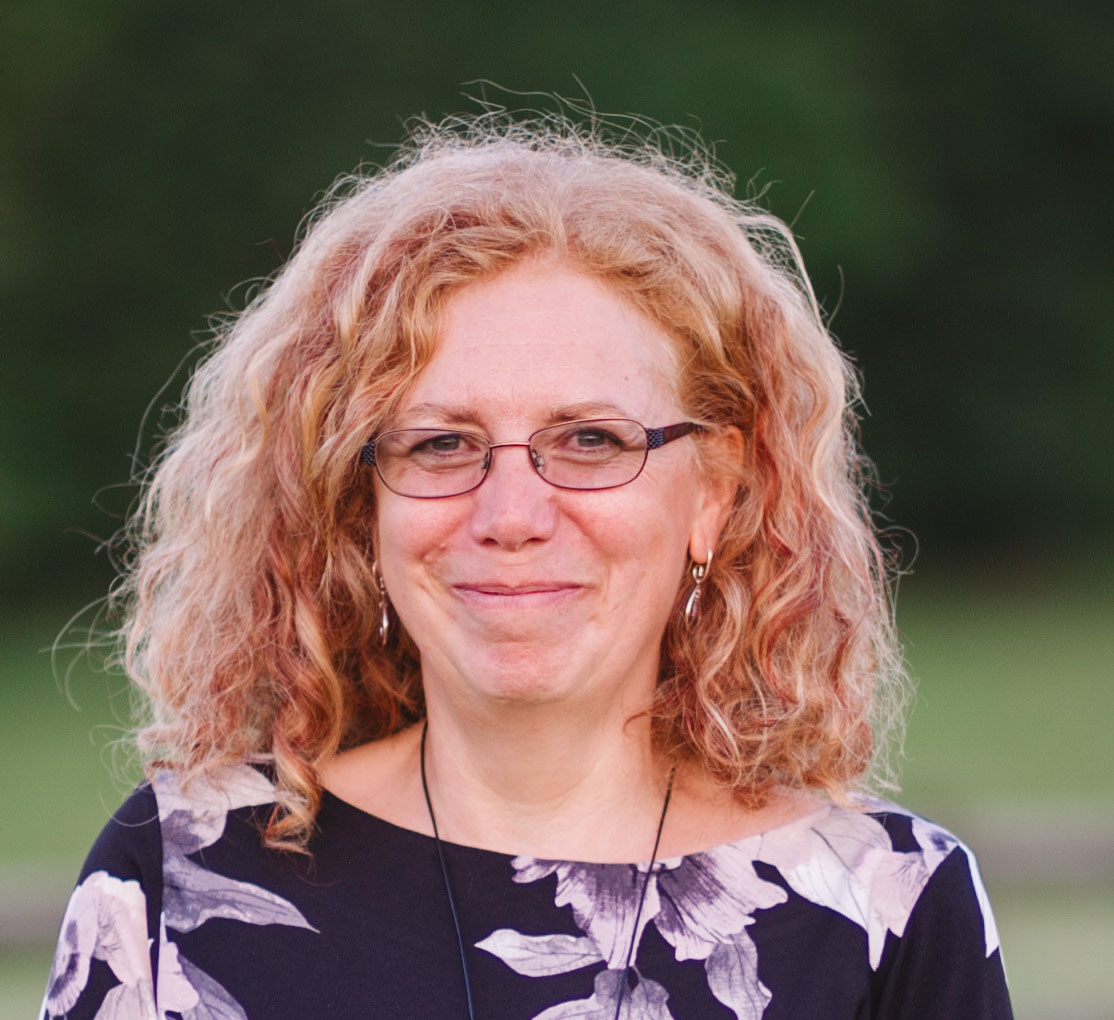
Dawn Arnold. University of the West of England, Bristol, UK.
After completing her PhD at the University of Bath in studying crook root disease of watercress, she then did a follow-up post doc at Bath on club root disease of brassicas. She moved to the University of the West of England, Bristol in 1994 as a post doc and is now a Professor of Molecular Plant Pathology. At UWE she lead a group investigating Pseudomonas syringae pathogenicity and evolution. They also study tree pathogens with a focus on the bacteria associated with Acute Oak Decline. |
| David Baltrus. University of Arizona, Tucson, Arizona, USA. |
| Carmen Beuzon. University of Malaga, Malaga, Spain. |
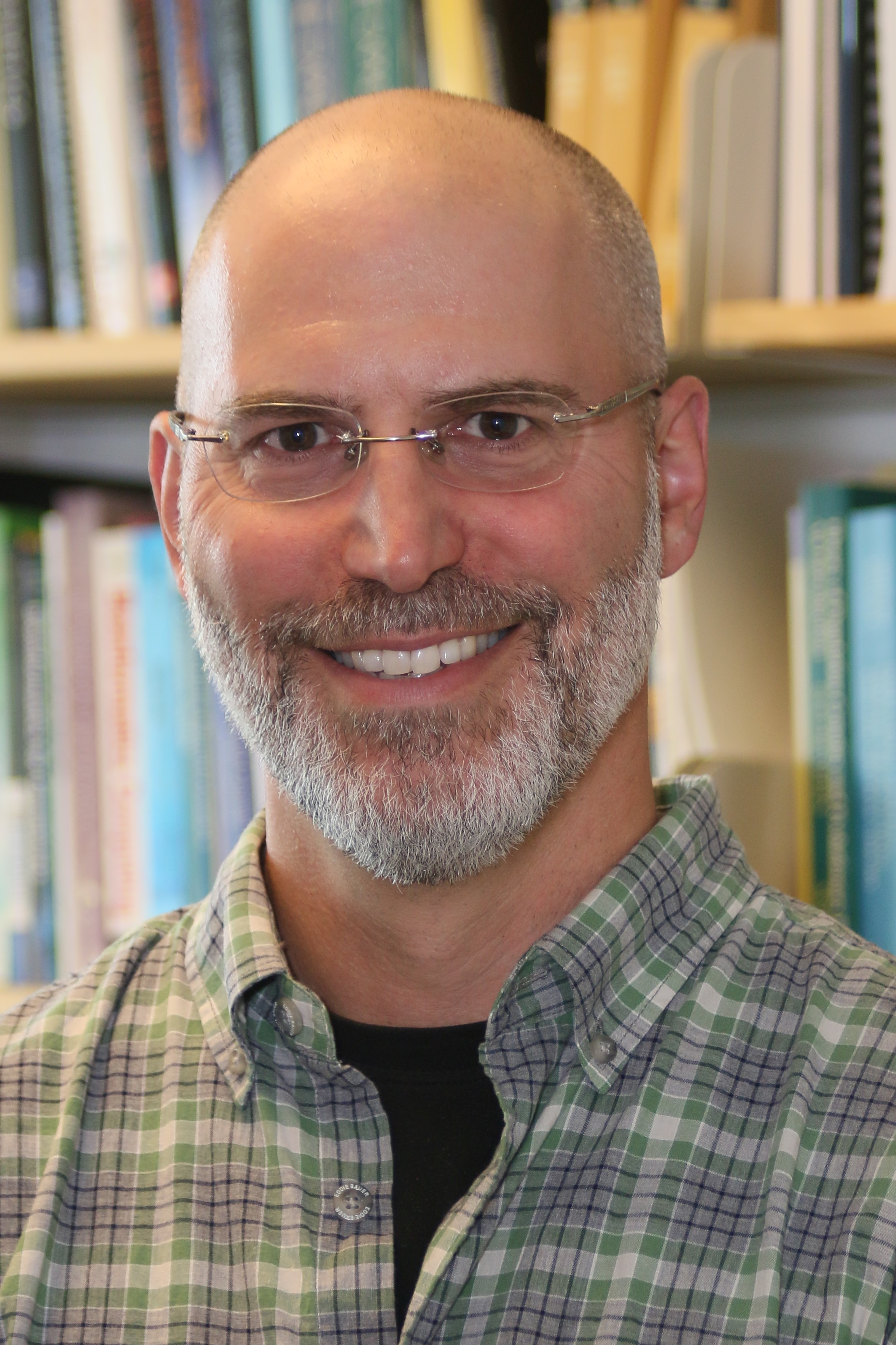
David Guttman. University of Toronto, Toronto, Ontario, Canada.
Dr. David Guttman is a Professor and Associate Chair for Research in the University of Toronto Department of Cell & Systems Biology, and founder and Director of the Centre for the Analysis of Genome Evolution & Function. Dr. Guttman runs a diverse research program generally focused on deciphering how bacteria adapt to and manipulate their hosts; including questions related to the evolution of bacterial host specificity and virulence, how secreted effector proteins evolve and interact with the host immune system to determine the outcome of host-microbe interactions, and how pathogen populations and microbiomes adapt to the host environment over the course of disease development.
|
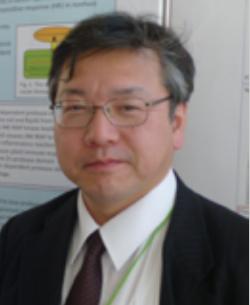
|
Yuki Ichinose. Okayama University, Okayama, Japan.
He studies virulence of phytopathogenic bacteria, especially Pseudomonas syringae and Ralstonia solanacearum. The “virulence” includes here motility by flagella and type VI pili, flagellin glycosylation and quorum sensing.
|
Gail Preston. University of Oxford, Oxford, UK.
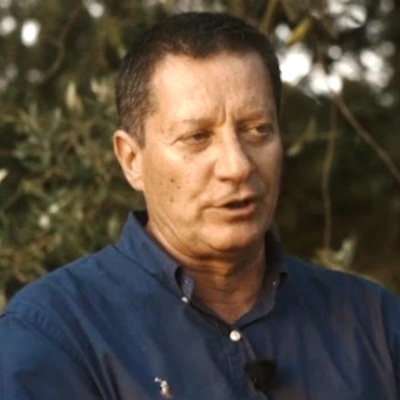
|
Marco Scortichini. Council for Agricultural Research and Agricultural Economy Analysis, Rome, Italy.
He is involved in aspects of taxonomy, molecular characterization, epidemiology and control related to plant pathogenic bacteria. Recently, he has mainly focused on "hazelnut decline" and "kiwifruit bacterial canker" caused by Pseudomonas
|
|
George Sundin. Michigan State University, East Lansing, Michigan, USA.
|
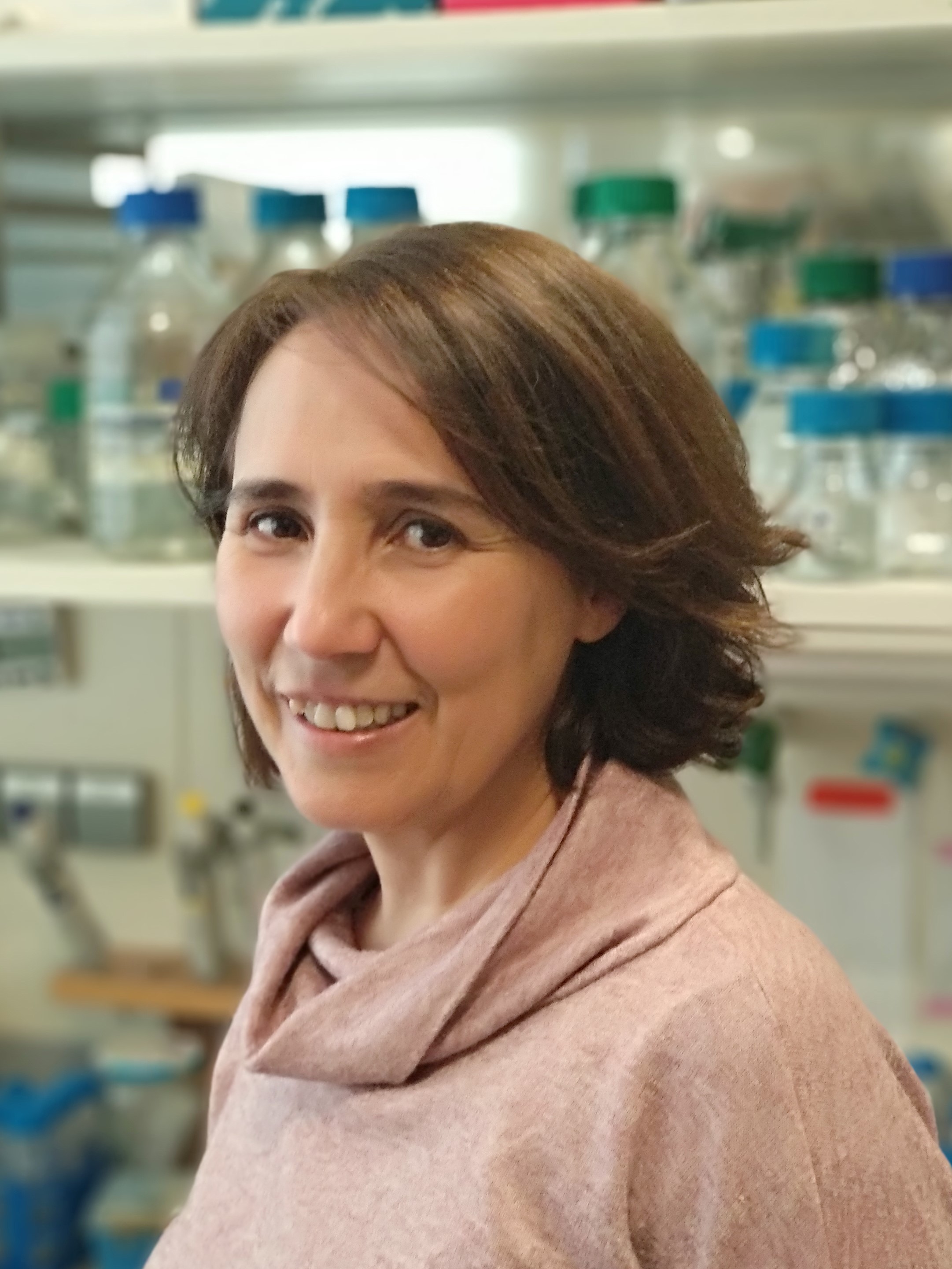
Emilia López Solanilla. Polytechnic University of Madrid, Madrid, Spain.
She leads the Plant Pathogenic Bacteria Group at the Centre for Plant Biotechnology and Genomics (UPM-INIA) established in 2008. She is Associate Professor of Biochemistry and Molecular Biology at the Polytechnic University of Madrid.
During the first phase of her scientific carrier, her contribution was focused on the study of resistance mechanisms to plant defense in the plant pathogenic model Dickeya dadantii. During a postdoctoral stage at Cornell University (Department of Plant Pathology, Dr. Collmer´s lab), she was involved in the initiative responsible for carrying out pioneering studies on bacterial functional genomics of plant pathogens, expanding her experience to the pathogen Pseudomonas syringae pv tomato.
Since then, she has been involved in analyzing specific mechanisms operating during the first stages of the infection in these two model phytopathogenic bacteria. Her scientific interests currently focus on the study of the mechanisms of perception and response to plant and environmental factors in bacterial phytopathogens. Specifically, the group is studying the contribution of light perception and chemotaxis in the regulation of the entry process and establishment of infection into the host (http://www.cbgp.upm.es/index.php/en/scientific-information/interactions-of-plants-with-environment-ipm/phytopathogenic-bacteria).
|
|